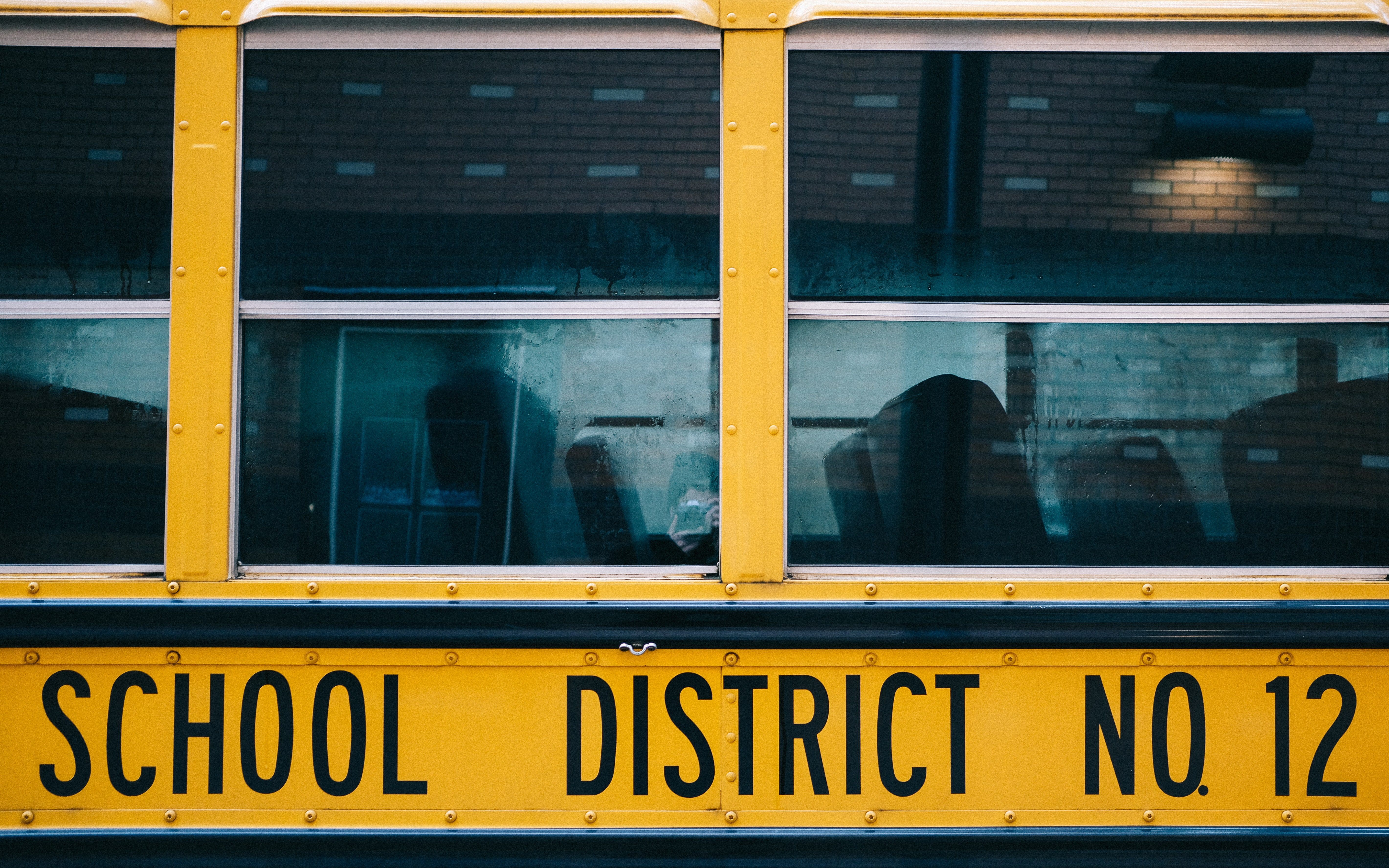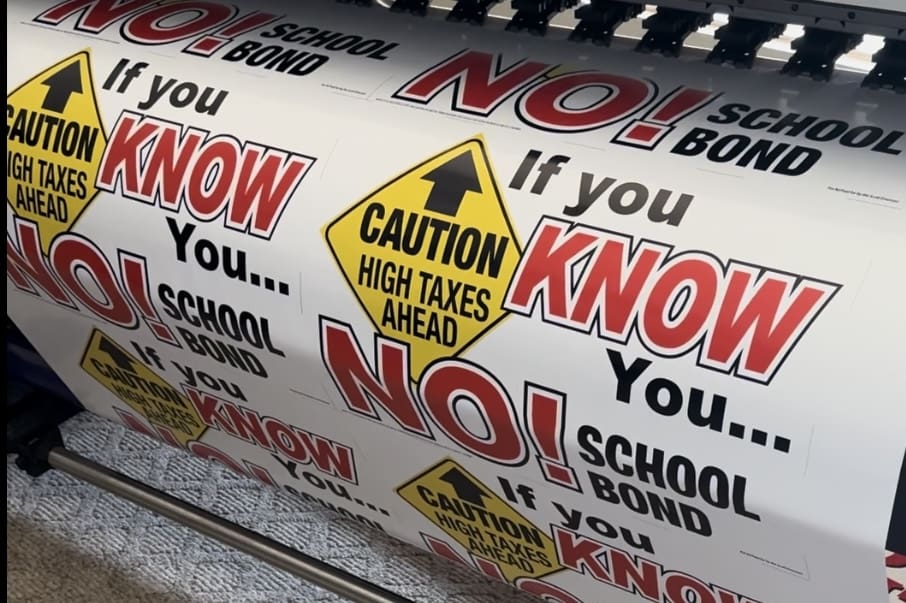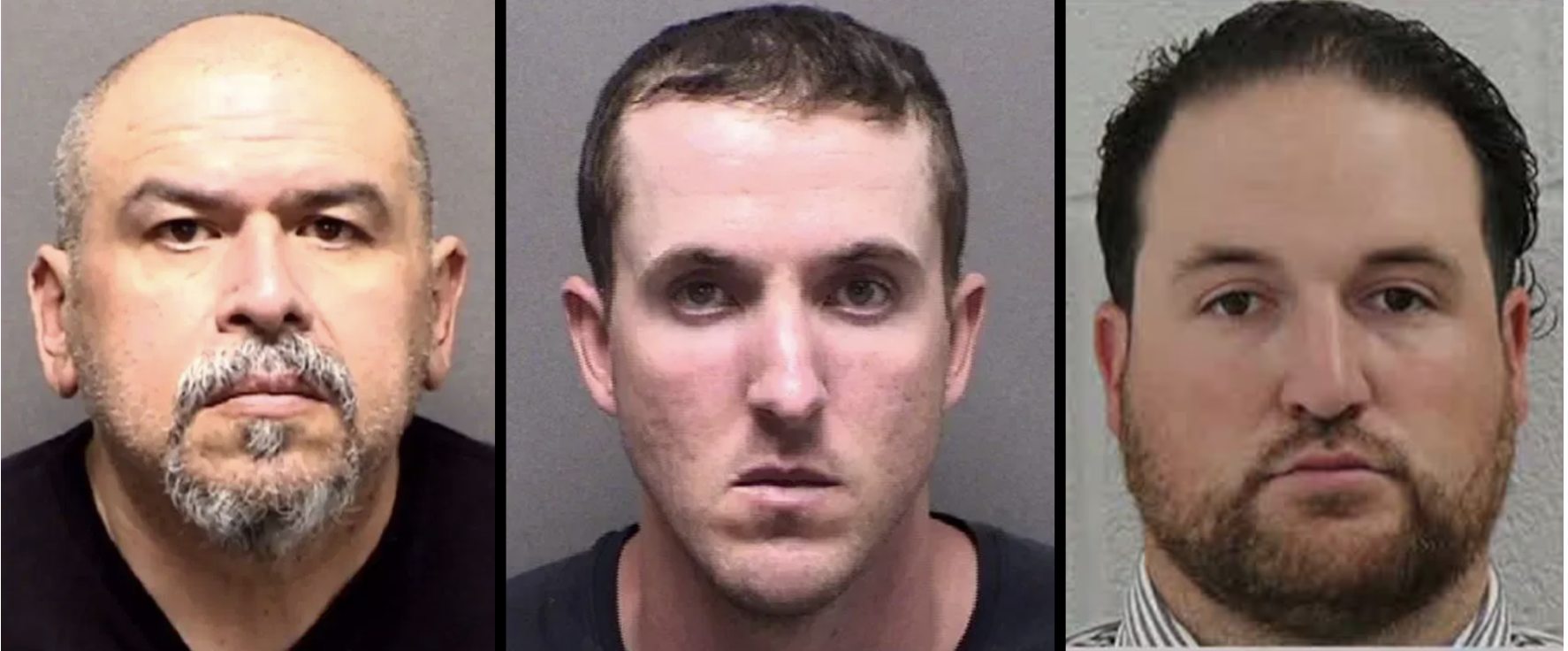After Texas lawmakers failed to pass meaningful school choice legislation during the state’s 88th Legislative Session, Ohio Gov. Mike DeWine signed a law creating a universal voucher system for K-12 students.
Ohio’s $190 billion budget, which DeWine approved earlier this week, included $1.5 billion in additional spending for public schools and expanded the state’s Educational Choice Scholarship Program.
The measure made all Ohio students eligible for a voucher for private school tuition or homeschooling expenses, increasing the state’s voucher spending by 77 percent.
However, the voucher amount will vary from student to student, as the EdChoice scholarship considers a family’s annual income. Students whose households earn up to 450 percent of the federal poverty level can receive a full ride to attend a private school, while a higher-income student will see a smaller voucher amount.
Ohio’s new budget shifted “most” power over education from the state’s Department of Education to the governor’s office—including curriculum selection.
Teachers will now have to attend training in phonics, a method that teaches students to read by associating alphabet letters with sounds. Some schools are returning to the phonics program after a long-held reading instruction method came under scrutiny late last year.
The measure also allows for high school students graduating in the top 5 percent of their class to apply for a $5,000 scholarship to an Ohio university.
The budget also brought changes to Ohio’s higher education system.
The state will open “free speech institutes” at five of Ohio’s public universities. The state’s Republican lawmakers promoted the program as a way for students “to receive broadened viewpoints.”
School choice advocate Corey DeAngelis reported that Ohio is the eighth state to pass universal school choice legislation.
While Ohio reforms the state’s public education system, Texas is lagging behind.
State Sen. Brandon Creighton (R–Conroe) authored Senate Bill 8 during Texas’ regular 88th Legislative Session, which would have made students in Texas eligible for $8,000 in an education savings account to use toward the accredited private school of their choice as long as the child was enrolled in public school the previous year. Although SB 8 passed in the Senate, it was left pending in the House’s Public Education Committee, depriving millions of Texas parents and students of meaningful school choice legislation.
After Gov. Greg Abbott prepared lawmakers for a special legislative session on school choice following the close of the regular 88th Legislative Session, House Speaker Dade Phelan (R–Beaumont) created a select committee to consider issues and matters that affect educational opportunities for K-12 students.
However, among the list of representatives on the committee, most either voted against or refused to cast their vote on school choice this past session.
While Texas lawmakers slow-roll school choice, a new poll revealed that 66 percent of rural voters supported school choice legislation this session, along with 59 percent of urban voters and 55 percent of suburban voters.
As the Texas Legislature embarks on its second special legislative session, Texans are still awaiting school choice reforms.
No ads. No paywalls. No government grants. No corporate masters.
Just real news for real Texans.
Support Texas Scorecard to keep it that way!





